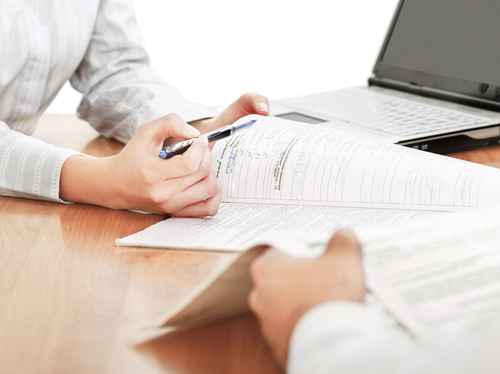
When an individual needs financial relief, they may want to consider filing for bankruptcy. At the beginning of the bankruptcy process, the individual will have to take a means test, which determines whether the individual is eligible to file for Chapter 7 bankruptcy or Chapter 13 bankruptcy. Individuals who have a steady source of income may be eligible for Chapter 13 bankruptcy, which allows them to come up with a debt repayment plan. In a debt repayment plan or a wage earner’s plan, the individual will be allowed to repay their debts over a three to five year period. Any debts that are outstanding after the repayment period may be discharged afterward.
Some unsecured debts that can be eliminated after the repayment plan include medical bills, old car loans, credit card payments, and other personal loans. Of course, not all debts can be eliminated in bankruptcy. Debts that are not able to be eliminated under the Chapter 13 bankruptcy plan include most state and federal taxes, student loan payments, child support payments, spousal maintenance payments, restitution or criminal court compensation, and debts that were obtained in a fraudulent manner.
Of course, it is always best to consult with an experienced bankruptcy attorney so they can help you determine which debts may be eliminated in your particular situation.
Matters related to bankruptcy and estate planning are very significant in one’s life and require the services of an experienced attorney. Our firm proudly serves clients throughout Rockland County and New York State. If you need effective legal guidance, contact Koplen Law today to schedule a consultation.